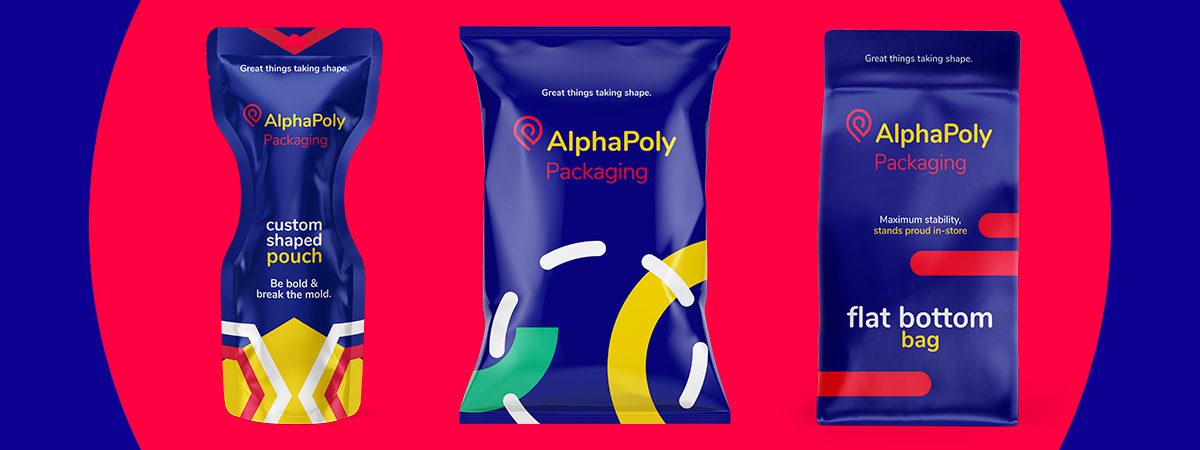
Problem Solved: Solutions Offered by Custom Packaging
Over the past decade, our industry has gotten a lot smarter. Custom packaging has totally revolutionized retail with solutions that are as brilliant as they are beautiful.
Walk-the-talk: why using sustainable packaging provides reputation insurance for brands.
Today’s digital and mobile oriented world poses a risk to consumer brands who don’t practice what they preach when it comes to their environmental efforts. With a camera and internet connection always in hand, publicizing a bad brand experience is easier today than ever before.
To add to this as brands increasingly look to target younger consumer groups with greater purchasing power, they expose themselves to new risks. With these groups having grown up through a lived experience of severe environmental change, they are also the ones most likely to turn on a brand and amplify their feelings over the smallest sense of insincerity.
Few topics get the internet masses riled up more than brands preaching but not practicing sustainability. Take this famous reply to a tweet from British Petroleum as a lesson to brands who are tone-deaf to their own sustainability efforts.
For similar reasons, not practicing what they preach with packaging is an area of risk for brands who are still on the fence about switching to sustainable solutions. The subreddit ‘Egregious Packaging’ is an eye opening look at just how environmentally tone deaf some brands can be when it comes to packaging. It also demonstrates how one ambiguous post can generate a lot of negative conversations. Let’s look at a few reasons why sustainable packaging is an important part of a brand’s reputation management?
The cost of a bad reputation
In the words of Benjamin Franklin “It takes many good deeds to build a good reputation, and only one bad one to lose it”. Reputations are hard to earn and easy to lose. To quantify just how impactful a negative reputation can be, consider the following stats:
It takes between 10-12 positive reviews to make up for one bad negative review
(Vision Critical)
80% of people will not buy from a company with a negative reputation
(Vision Critical)
Dissatisfied customers typically tell nine to 15 other people about their experience
(com)
With the cost of a bad reputation being high and the effort to win it back difficult, it stands to reason that brands would be good at reputation management. However according to the Harvard Business Review many brands still struggle with considering the factors that go into maintaining a reputation, and perceptions of environmental efforts can be particularly difficult to overcome as British Petroleum learned.
Rewarding environmental sincerity
As more leading consumer brands make public commitments to reduce packaging and increase the use of sustainable materials, consumers will increasingly hold them accountable. The trade-off for brands wanting to be involved in environmental corporate social responsibility and green marketing is that they need to back up their words with actions.
Sensitive and connected consumers can quickly turn on brands that green wash their marketing, but they can also reward those who practice what they preach. Consider the following stats for how brands get rewarded when they develop sustainability focused products:
87% would buy a product with an environmental benefit if given the opportunity
(Forbes)
88% will be more loyal to a company that supports environmental issues
(Forbes)
92% will be more likely to trust a company that supports environmental issues
(Forbes)
Consumers desire to make purchasing decisions that have a positive impact on the environment are clear and they are willing to reward brands who help them do it with trust, loyalty, and sales.
A sustainable packaging future
The most important reason why sustainable packaging is a key part of reputation insurance is that it’s here to stay and far from being a trend. As early as 2007, the Sustainable Packaging Coalition was reporting 73% of packaging manufacturers they surveyed were already incorporating sustainability into their product lines, and it’s surely only increased since.
Brands that hesitate to switch to sustainable packaging today put themselves further behind competitors who decided long ago that this was an important part of the future of their products. Developing a sustainable packaging strategy doesn’t happen overnight and can take time and effort to implement into operations and culture.
Getting started early with switching to sustainable packaging will position businesses for a certain future where it’s the rule not the exception. The sooner a brand can protect its reputation by backing up sustainable packaging commitments, the sooner it can reap the rewards of green marketing without the risk.
Your sustainable packaging partner
Good reputations are hard to earn and easy to lose but incorporating sustainability into product development and packaging can give consumer brands some insurance against negative mentions. Those that do reap the rewards of a contributing to a positive brand reputation that comes from practicing what they preach.
At AlphaPoly we offer our clients a reliable partnership for their packaging solutions that draws on more than 30 years of industry experience and knowledge. We pride ourselves on being nimble and responsive to our clients’ needs and we offer a wide variety of traditional and sustainable packaging options that are tailor made for our clients’ industries.
Find out how AlphaPoly can elevate your brand today, contact us to learn more.